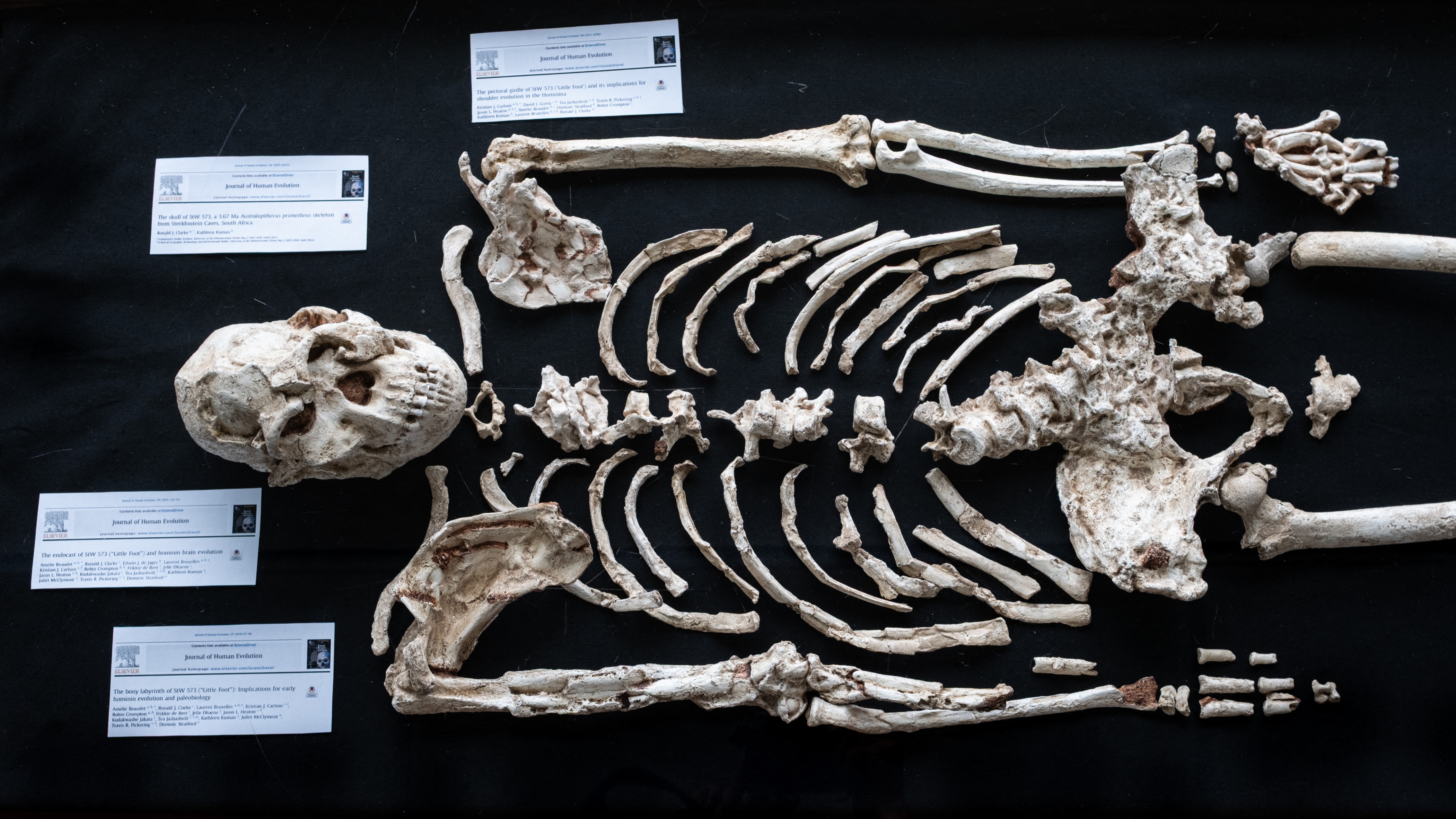Marijuana's Active Ingredient Improves Cancer Patients' Appetites

The active ingredient in marijuana, called delta-9-tetrahydrocannabinol (THC), increases the appetites of advanced cancer patients and improves their sense of taste, according to a new study.
Seventy-three percent of cancer patients who took THC pills every day for 18 days reported an increased appreciation for food, compared with 30 percent of patients who took a placebo, the study said.
And 64 percent of patients who took THC reported an increased appetite, compared with 50 percent of patients who took a placebo, the study said.
Marijuana has a reputation for giving healthy people "the munchies," but the study shows it also has this effect in cancer patients, said study researcher Wendy Wismer, a food scientist at the University of Alberta in Canada.
"The fact that they did get hungry and enjoyed their meals is a huge improvement in quality of life," Wismer told MyHealthNewsDaily.
Patients with advanced cancer often experience a wasting syndrome, in which they burn through their calories at a higher rate than people without cancer, but at the same time lack an appetite, she said. This study shows that THC could help keep wasting syndrome at bay, Wismer said.
The study was published today (Feb. 22) in the journal Annals of Oncology.
Get the world’s most fascinating discoveries delivered straight to your inbox.
Comparing appetites
Wismer and her colleagues gave THC pills or a placebo to 21 advanced cancer patients whose disease had affected their eating habits for two or more weeks. Pharmacists gave THC pills to 11 patients THC pills and placebo pills to 10 patients. Neither the patients nor the pharmacists knew which pills were placebos and which contained THC, the study said.
Patients taking THC took 2.5 milligrams of the compound twice or three times a day for 18 days, the study said.
Overall, patients who took THC reported a greater appreciation of food and better appetite than people who took the placebo. Fifty-five percent of patients who took THC said that the drug made food taste better, but 10 percent of patients who took placebo said the same thing, the study said.
Patients who took the THC pills did not eat more calories during the 18-day period than patients prescribed the placebo. But 55 percent of patients who took the THC pills reported that savory foods tasted better, while none of the patients who took placebo reported this result, the study said.
Patients who took the THC pills also reported that they were more relaxed and slept better during the study period, compared with patients who took placebo, according to the study.
Cancer's side effects
Loss of appetite is a common problem for cancer patients and anything that can help remedy the problem will improve their quality of life, said Dr. Joanne Mortimer, director of the women's cancers program at City of Hope Cancer Center in Los Angeles, who was not involved with the study.
"Sometimes chemo makes food taste metallic and terrible, and for other people cancer can make people lose their sense of taste," Mortimer told MyHealthNewsDaily.
Cancer treatments can make patients feel nauseous so they can't keep anything down, she said. And some types of cancers promote release of hormones that cause the patient to have no appetite and feel full fast, Mortimer said.
Marijuana is already known to improve symptoms of nausea in cancer patients, so it's interesting that THC can also function as an appetite-inducer, she said.
Next, the findings should be tested in larger studies with more patients, the researchers said.
Pass it on: The active ingredient in pot may improve cancer patients' appetites.
Follow MyHealthNewsDaily staff writer Amanda Chan on Twitter @AmandaLChan.
This story was provided by MyHealthNewsDaily, a sister site to LiveScience.



